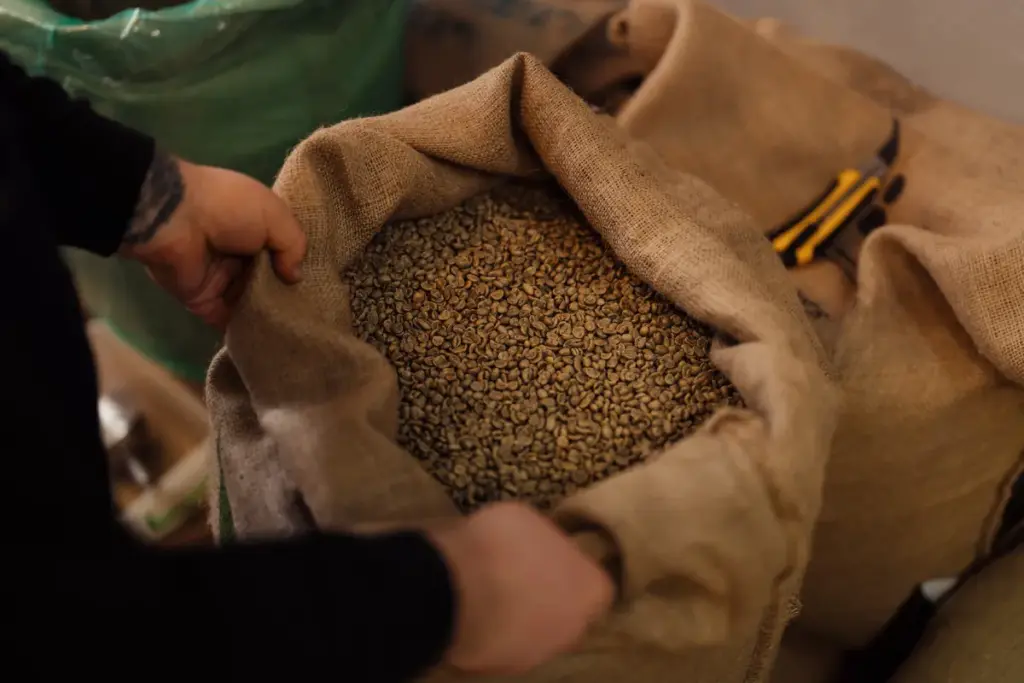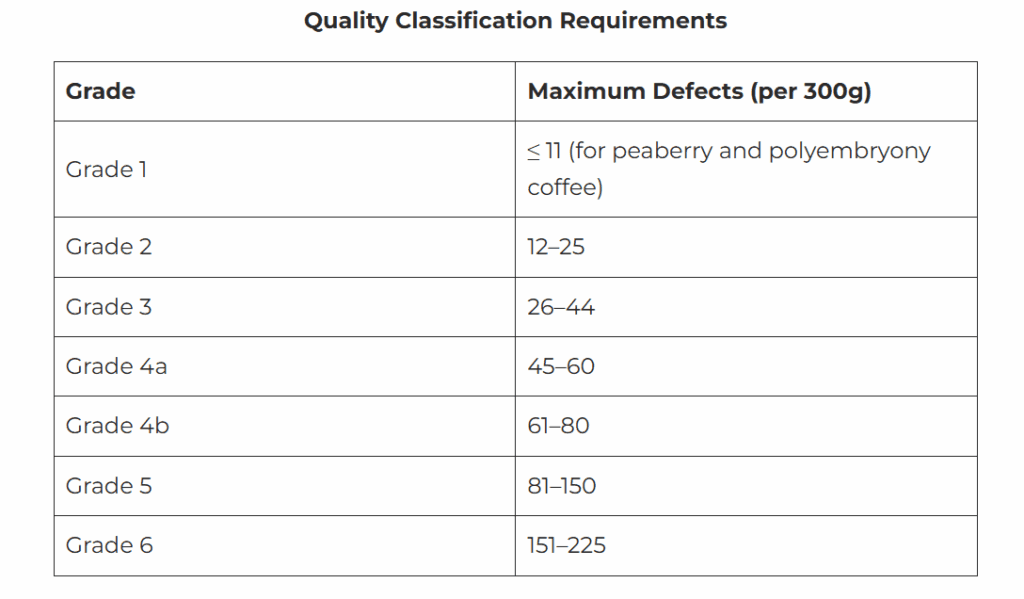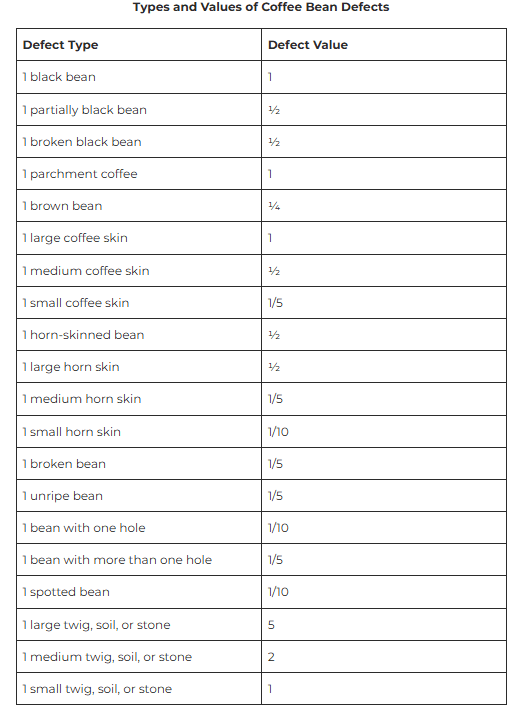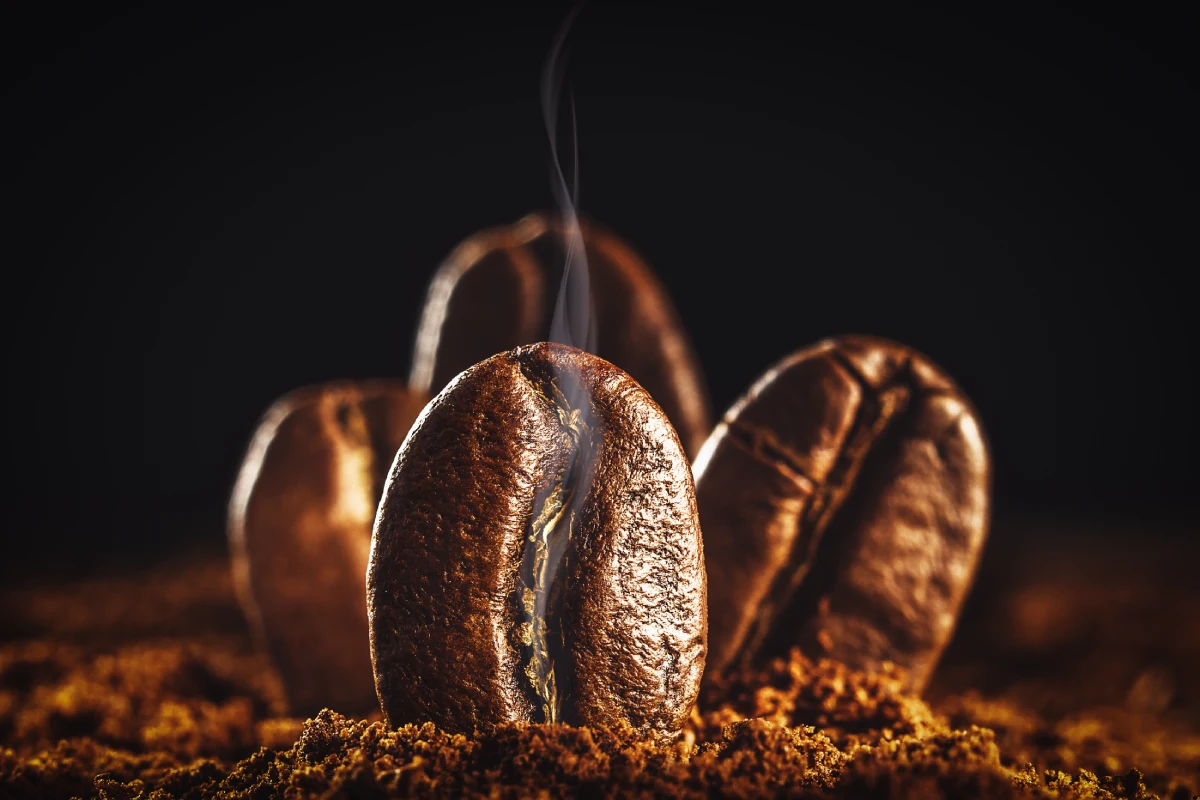Product
Grown in Indonesia’s rich volcanic highlands, our Arabica coffee offers a bright acidity, floral aroma, and layered flavor profile that reflects the uniqueness of each origin. We work closely with trusted farmers and cooperatives from regions such as Gayo, Mandailing, Toraja, and Java—each producing beans with distinctive characteristics shaped by altitude, microclimate, and traditional post-harvest practices.At berniagaagro, we supply carefully selected Arabica green beans tailored to the specific needs of our buyers—whether for specialty roasters, boutique brands, or importers looking for traceable, high-quality origins.


Product
Indonesia’s Robusta beans are cultivated in fertile lowland regions with ideal tropical climates. Known for their full body, low acidity, and bold, earthy flavor, our Robusta is sourced from Lampung, Bengkulu, South Sumatra, Java—key regions recognized for consistent volume and dependable quality.Our Robusta beans are ideal for large-scale applications such as blends, instant coffee, and industrial roasting.
The moisture content of coffee beans is no longer differentiated based on the type of processing (wet and dry processing) but is uniformly set to a maximum of 12.5%. Other requirements remain the same as the previous standards:
| No | Criteria | Requirement |
| 1 | Live insects | None |
| 2 | Beans with a rotten or moldy odor | None |
| 3 | Moisture content (w/w) | Max. 12.5% |
| 4 | Dirt content (w/w) | Max. 0.5% |
At berniagaagro, we follow to the Indonesian National Standard (SNI) grading system to ensure consistent quality in every shipment of Robusta and Arabica coffee. This system classifies beans into six grades based on the number of defects found in a standardized 300-gram sample.By applying the SNI grading method, we ensure that each batch aligns with both export and domestic requirements, promoting transparency, quality assurance, and fair trade. This rigorous classification not only meets international buyer expectations but also strengthens trust throughout the supply chain—from farmers to global consumers.



Product
In the commercial trade of Robusta coffee, several industry-specific abbreviations are used to indicate bean quality, size, and preparation method. These standardized terms help ensure clarity and consistency in international transactions. Some of the most commonly used abbreviations include:
Copyright 2025, All Rights Reserved.